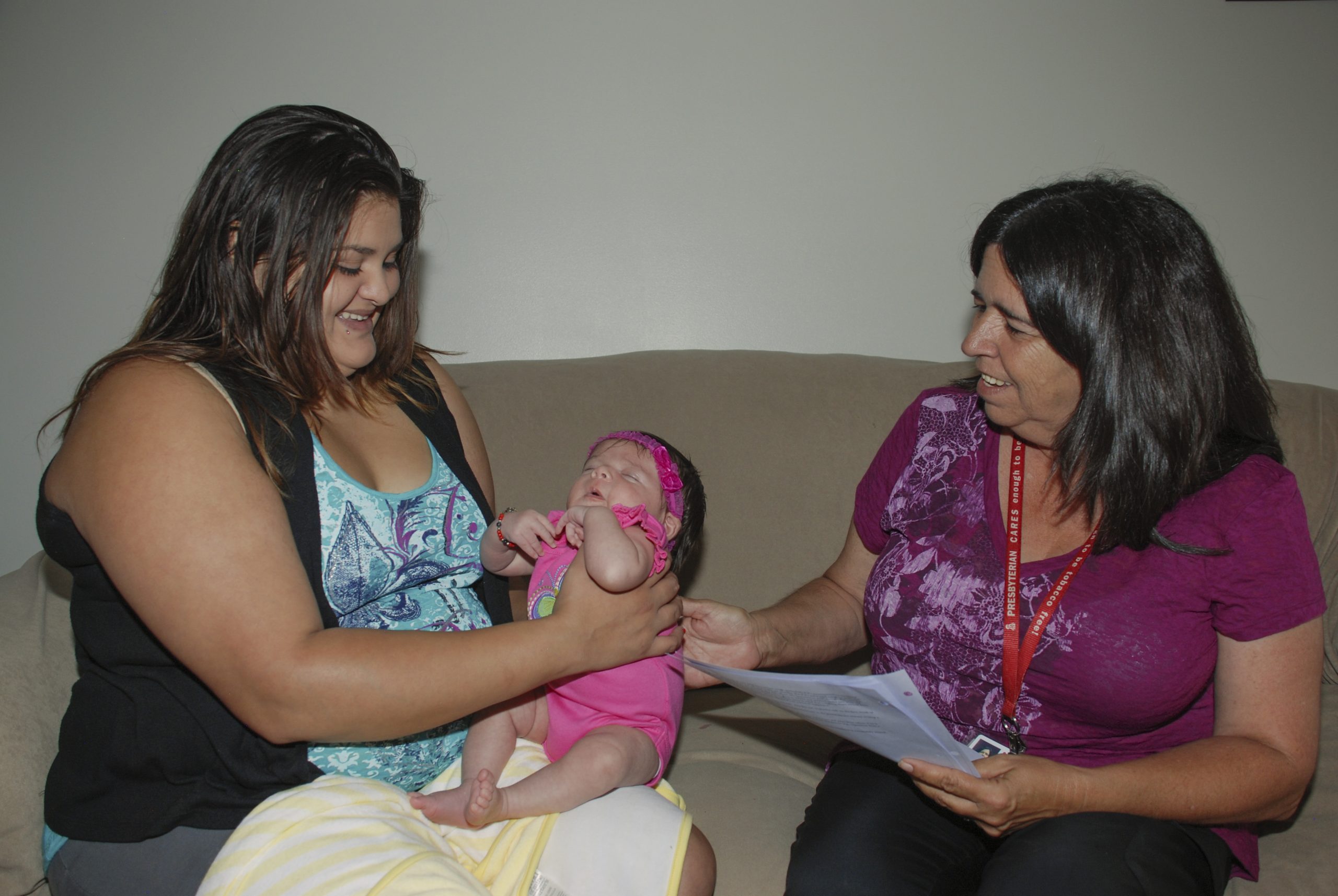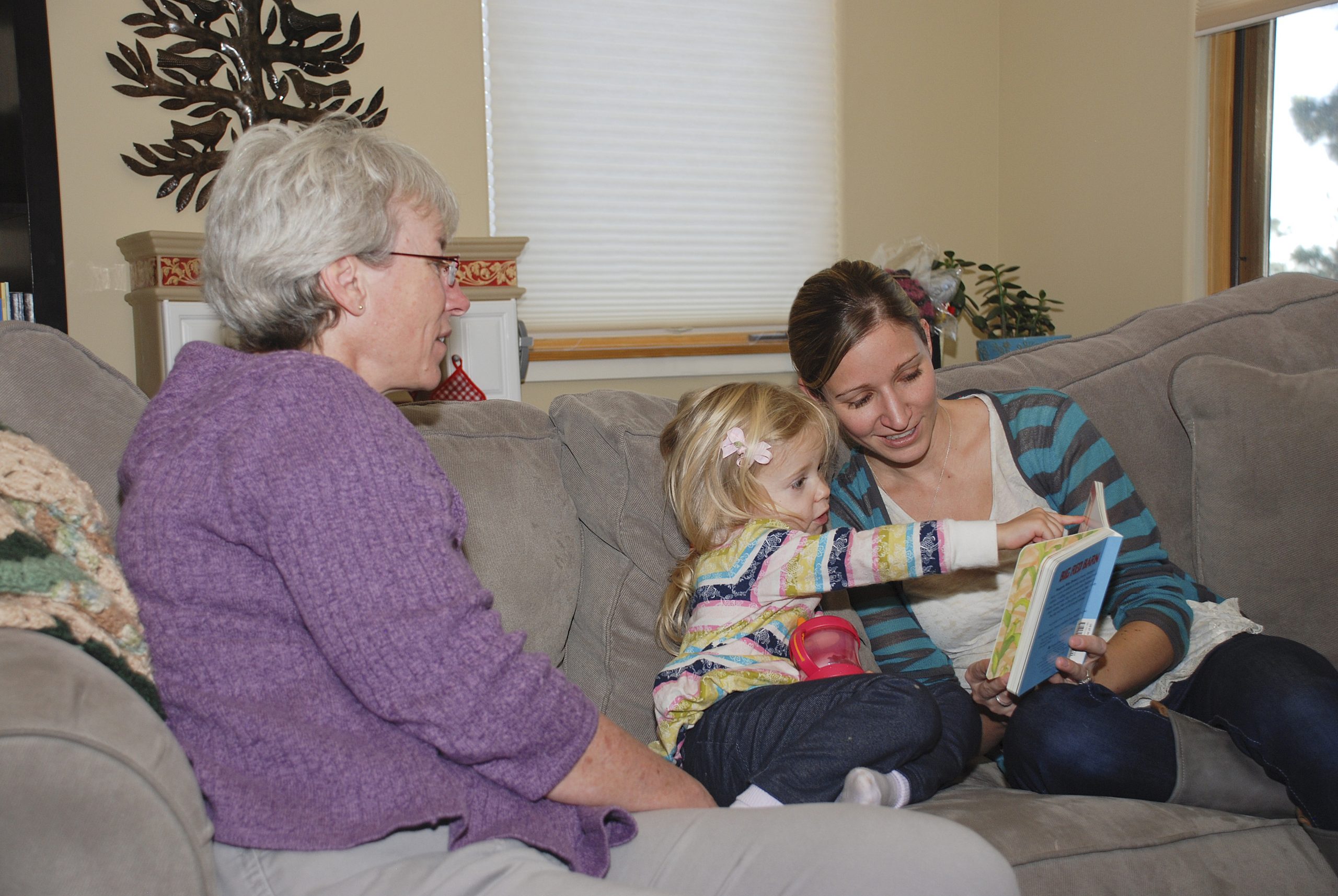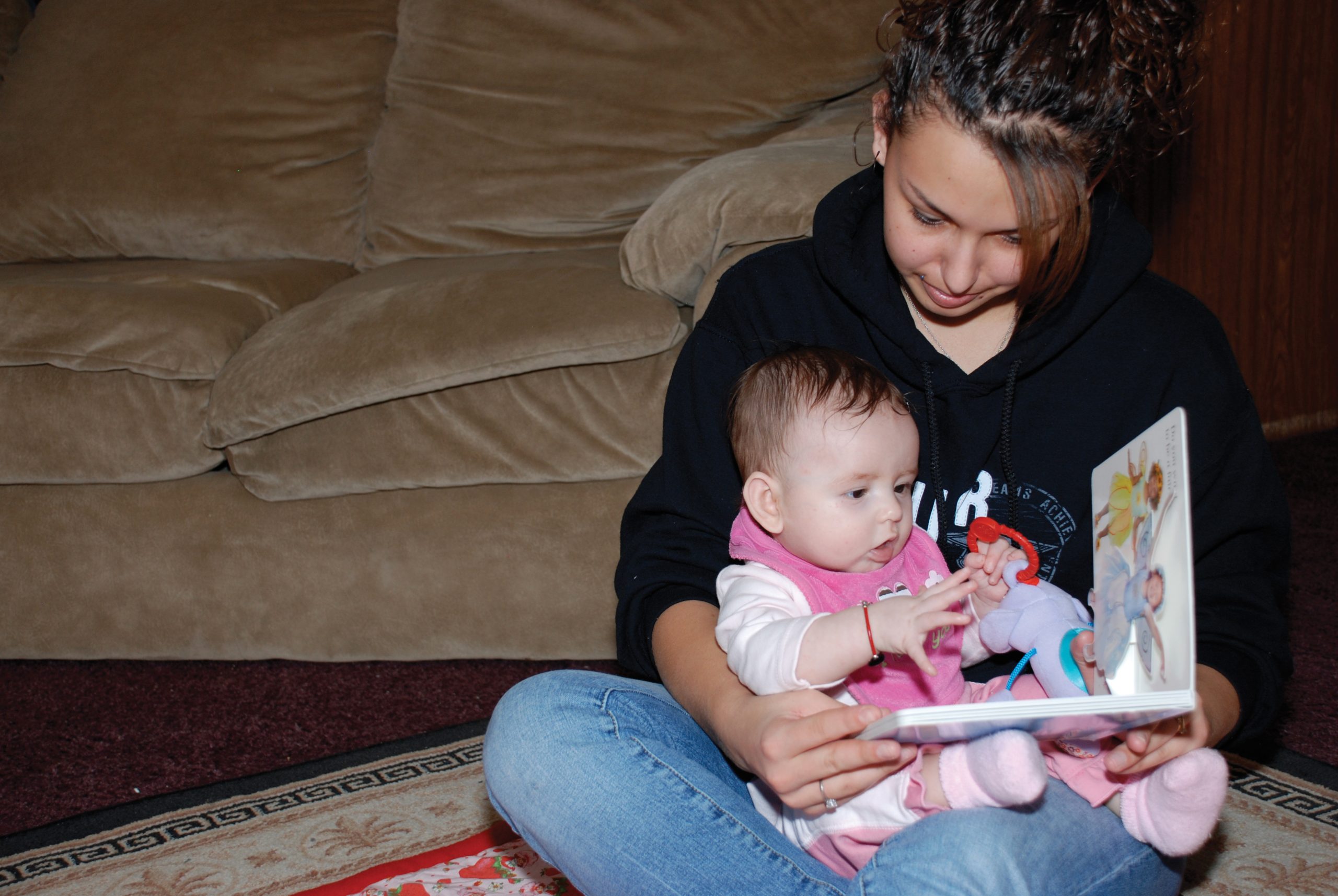Culturally responsive, quality home visiting has proven to be an effective service delivery model that strengthens families, children, and communities, leading to self-sufficiency, lower health costs, and school readiness. A healthy pregnancy and a healthy baby are not only critical to the immediate well-being of mother and child, but are also integral to the long-term health and success of the family and community.
Along with other partners, LANL Foundation has actively advocated for home visiting as an effective strategy that strengthens families, children, and communities. Our advocacy efforts helped influence the State Legislature’s decision to increase funding for home visiting programs throughout New Mexico.
Since 2006, LANL Foundation has directly contributed and leveraged funds totaling $5.38 million in support of the First Born Program model.
Our Early Childhood Program looks to improve recruitment and retention rates among families receiving home visiting services, as well as support the alignment of quality early childhood programs. We are reaching out to more at-risk parents, fathers, and Tribal communities in the surrounding service area and the Española Valley. We will continue our collaboration among all home visiting models, early childhood programs, and parent resources to help build resilient children and families alongside our neighbors.
Successful home visiting programs integrate the following:
- Community: incorporation of local priorities through active community involvement, understanding, and collaboration lead to a partnership that aligns resources with a strong network and referral system. (understanding of community resources)
- Medical Support: integrated medical community relationships and referrals as well as up-to date-information (positive health outcomes)
- Qualified Staff: rigorous staffing requirements and ongoing training, culturally sensitive home visitors, high-quality reflective supervision, strong administrative support, and professional development
- Exceptional Resources: curricula and supporting materials tailored to an individual family’s needs and learning style
- Program Structure: clearly articulated theory, implementation protocols, culturally appropriate components, program model fidelity, and high recruitment and retention rates (research-based)
- Ongoing Evaluation: consistent data collection and analysis, and measurement of impacts to ensure quality of service
- Spirit of Collaboration: shared best practices and professional development opportunities
- Family-centered Practice: program alignment with family needs, identifying and tailoring goals to meet immediate and future desired outcomes (builds family capacity)




